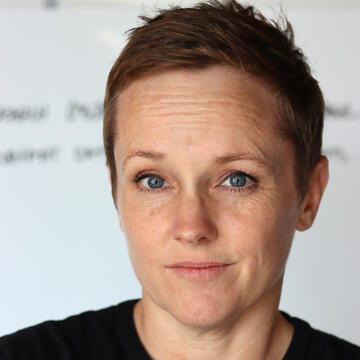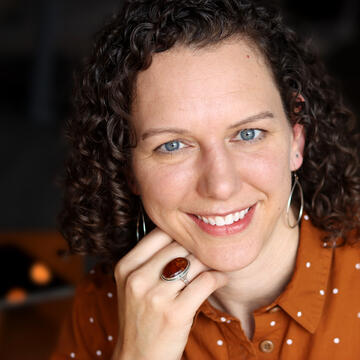Ethnography and Experience Prototyping in the Postpartum Period
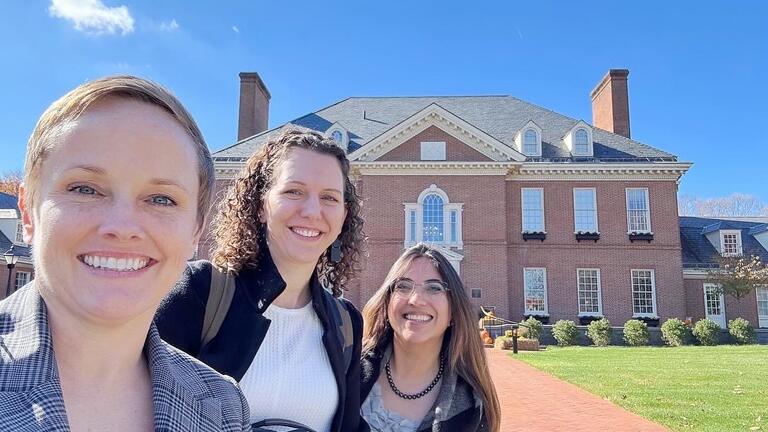
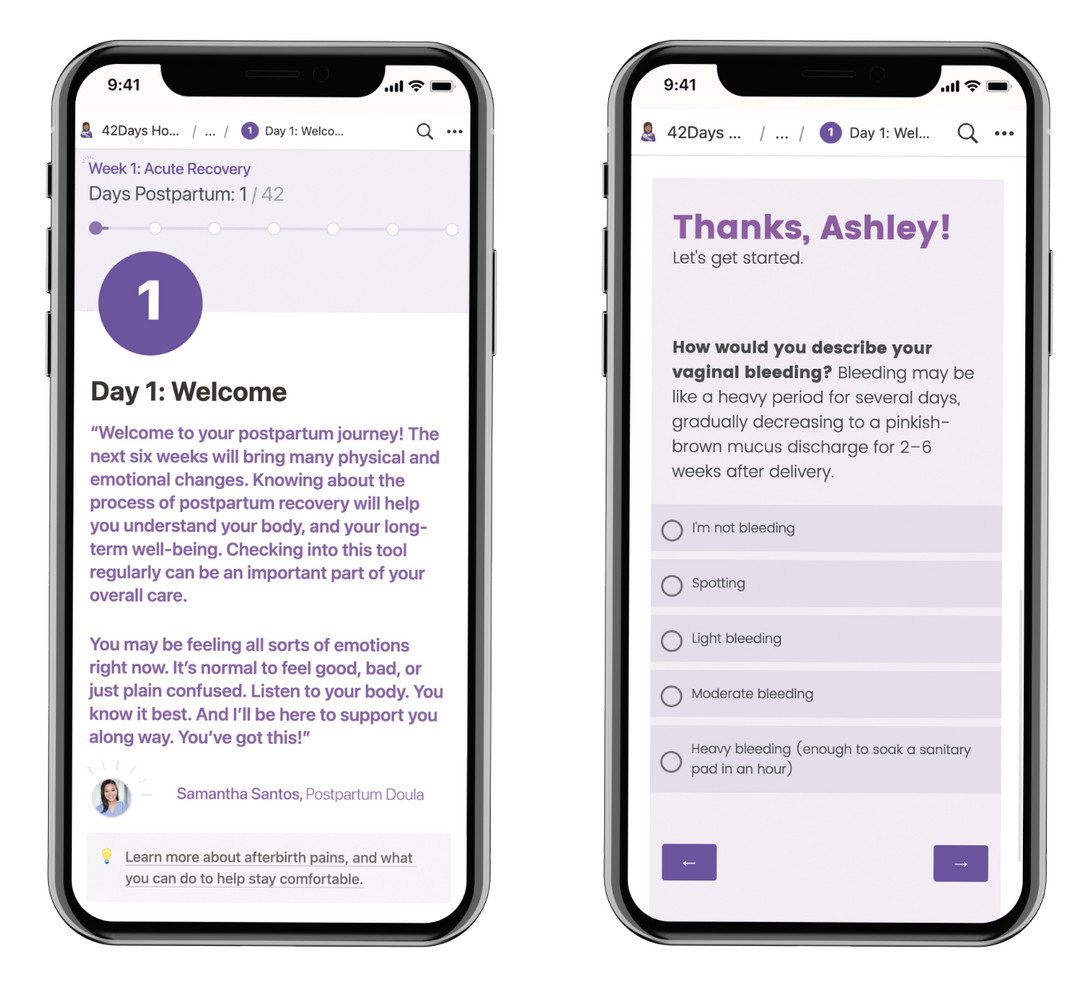
Last October, Raelynn O’Leary and Ashley Deal attended the EPIC Design Conference to present a case study outlining the design research process they followed to inform an app to support new moms in the postpartum period. O’Leary and Deal are Special Faculty at Carnegie Mellon University’s School of Design and founding partners of Dezudio.
The team describes the purpose of the research in the case study’s abstract: “During the postpartum period, significant clinical and social supports exist for the care and wellness of a newborn baby. Yet over the same six weeks, new moms report feeling abandoned and alone. In this case study, we share the research methods we used to evaluate an early prototype of a digital tool designed to offer support and healing guidance to postpartum moms. We discuss our strategies for onboarding participants during this period of significant transition, and for engaging them for six weeks through a novel study design.”
The case study reports on the design and development process for an app Dezudio has been working on as part of a research initiative led by case study co-author, Tamar Krishnamurti, PhD, and funded by S&R Evermay’s Kuno Award for Applied Science for Social Good. Dr. Krishnamurti is an Assistant Professor at the University of Pittsburgh and adjunct faculty in Carnegie Mellon’s Engineering and Public Policy Department. The tool is designed to support new moms in the postpartum period by helping them understand what to expect as they heal from childbirth, and to help raise their awareness of potentially life-threatening issues. Maternal mortality rates in the U.S. are significantly worse than other high-income countries, and Black women are more than twice as likely to die than white women.
“When we think of maternal mortality, we often think of deaths from complications during pregnancy or while giving birth, so it might be surprising to know that 40% of maternal deaths occur in the early postpartum period (the 42 days after delivery),” said O’Leary. "Many new mothers leave the site of delivery without knowing which symptoms are a normal part of postpartum healing and which are a sign of something more serious,” added Krishnamurti. “Often new moms won't see their care provider again for several weeks. Digital support tools [like ours] can help support those moms, bridging the gap in care during a critical, vulnerable time."
The team has been working on conducting design research, designing, and supporting the development of an app to help address these needs. The project is currently funded by a contract from the Pennsylvania Department of Health awarded to the University of Pittsburgh’s Health Policy Institute, with the goal of making the app available to all new moms in the state.
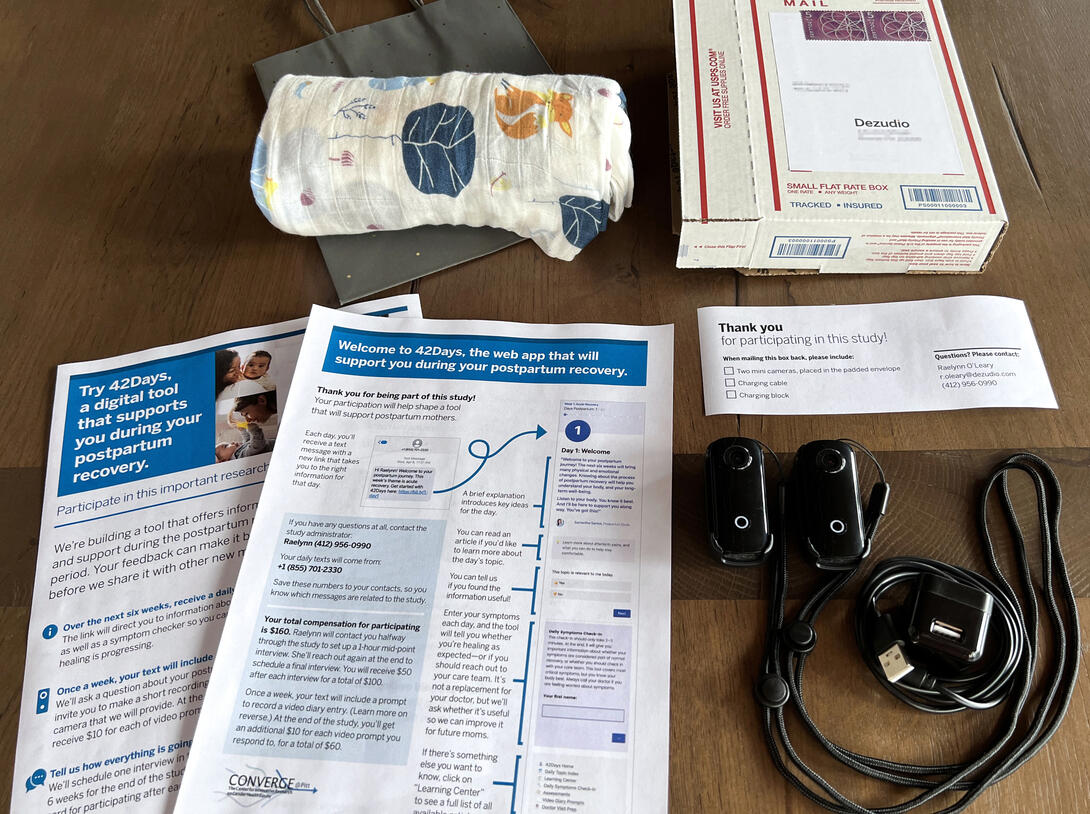
“In our research and design process, we’ve come up with some exciting research methods—like designing and evaluating an ‘experience prototype’ by using off-the-shelf tools before any code was even written,” said Deal. “We recruited new moms in the hospital at the time of delivery to use the prototype for the first six weeks after giving birth. Based on that experience, we were able to gather feedback and input on how it was fitting into the lived realities of what they were experiencing in real time.”
When designing tools to help address complex healthcare issues like maternal mortality, the perspective of a designer can bring a unique set of tools and understanding that go hand in hand with something typically associated with only clinical research.
“In our consulting work, we often partner with clinical researchers as they develop some type of intervention that they want to evaluate in clinical trials,” added O’Leary . “We find this pairing of clinical and design research to be particularly synergistic. We're often digging into the same types of questions—like what could best support new moms in this time period—but from different and complementary perspectives.”
“While healthcare tools are often focused on what people need clinically and proving an intervention’s efficacy, these interdisciplinary collaborations allow us to inform the build of these tools with a deep understanding the needs and values of the target audience, proposing solutions and evaluating how they play out in the real-world context, and applying what we learn tactically to the design of the tool or service that’s intended to make a difference.”
The team submitted this case study to the EPIC design conference because they wanted to share their research approach, highlight the maternal mortality crisis for an audience of designers and design researchers, and spread the word about the potential impact for this tool.
“We hope that more designers are inspired to take on the challenge of designing with and for postpartum moms—and that collectively the tools, services, and system-level solutions we propose can have real impact in this area,” said Deal. “We think other designers and design researchers might pick up some new ideas about finding resourceful ways to evaluate things that do not yet exist.”
The team has used the insights from their research to flesh out the full concept for the app, now called “Myana” (which stands for “mothers, you are not alone”). The first full version of the app, currently being developed by Pittsburgh-based developer NuRelm, will be released later this year.
You can read the published case study in the EPIC library
Special Faculty
Special Faculty
